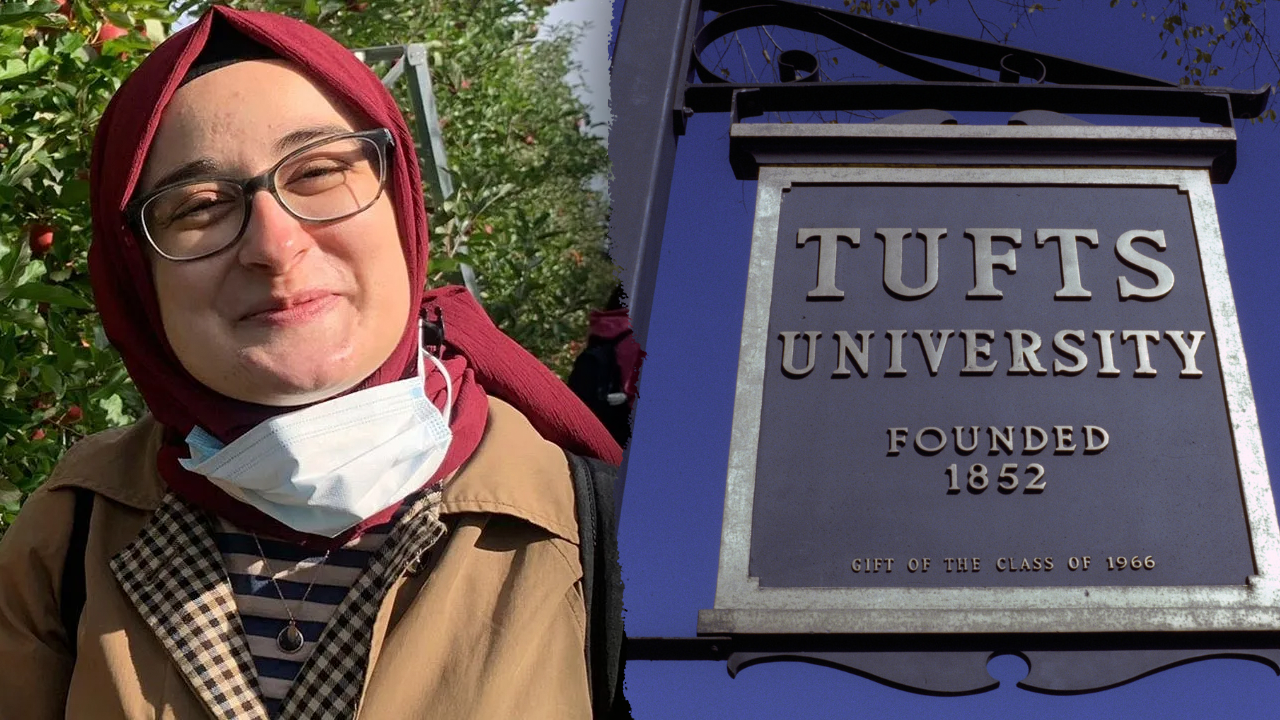Federal Appeals Court Orders Transfer of Tufts Student Rümeysa Öztürk Amid Controversial Deportation Proceedings
A federal appeals court ordered Rümeysa Öztürk to be moved from Louisiana to Vermont for hearings on her detention related to political speech.
Overview
In a significant ruling, a federal appeals court has ordered the transfer of Rümeysa Öztürk, a Tufts University student, from a Louisiana detention center to Vermont, where her habeas petition will be addressed. This decision, which must be executed by May 14, comes after Öztürk was detained for six weeks following her criticism of Tufts' response to pro-Palestinian protests. The court rejected the Trump administration's request to delay the transfer, highlighting concerns over due process. Separately, a ruling in another case requires the Trump administration to clarify its rationale for the deportation of pro-Palestinian activist Mahmoud Khalil.
Report issue

Read both sides in 5 minutes each day
Analysis
Analysis unavailable for this viewpoint.
Articles (8)
Center (1)
FAQ
Rümeysa Öztürk was detained after her student visa was revoked, reportedly following an op-ed she co-wrote criticizing Tufts University's response to pro-Palestinian activism and Israel's war in Gaza. Authorities also claimed, without providing evidence, that she engaged in activities supporting Hamas.
The federal appeals court ordered the transfer to allow for hearings in Vermont specifically to determine whether her detention violated her constitutional rights, such as free speech and due process. The transfer was ordered after the Department of Justice failed to clarify its position on whether her statements were constitutionally protected.
The court mandated that the government must transfer Rümeysa Öztürk to ICE custody in Vermont by May 14, 2025.
Öztürk's case is among several where international students have been targeted for political speech, particularly regarding advocacy for Palestinian rights, raising concerns about the suppression of free speech and due process for non-citizens in the U.S.
After the transfer to Vermont, a federal court will hold hearings to determine if her detention violated her constitutional rights, including whether her arrest and continued detention were retaliatory or otherwise unlawful.
History
- 7M

 5 articles
5 articles






